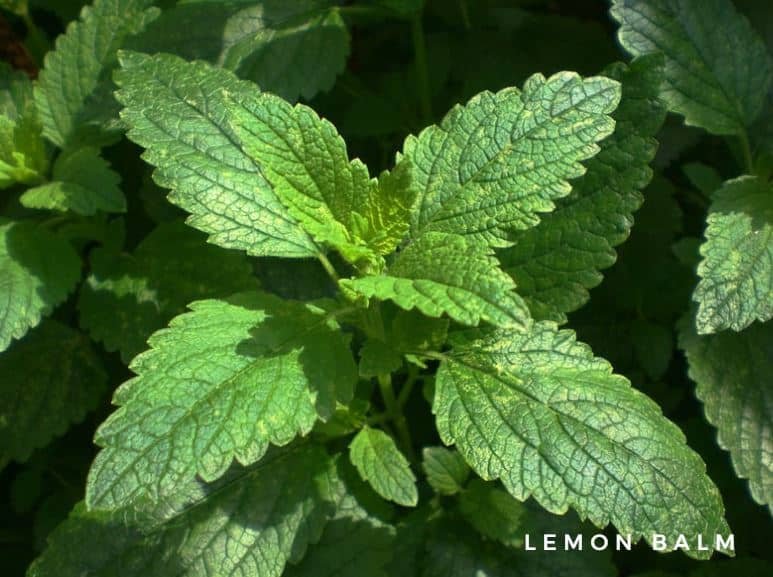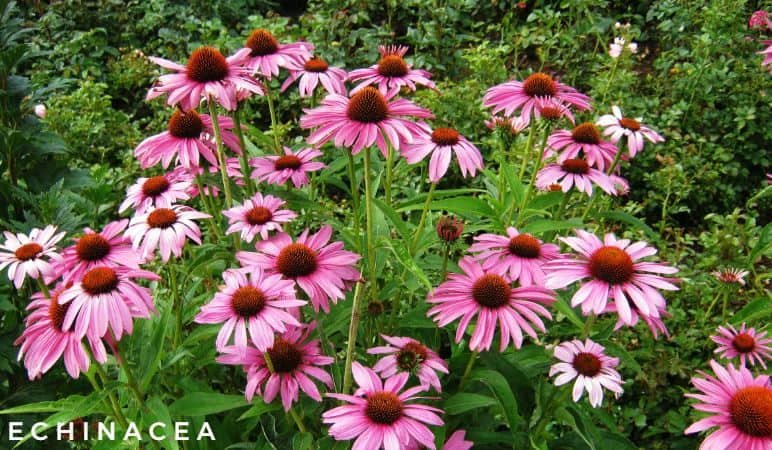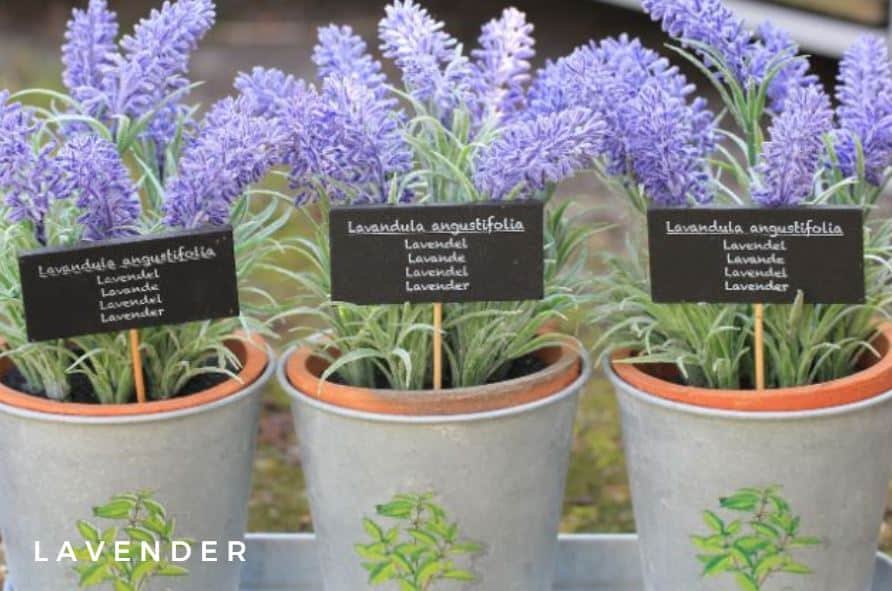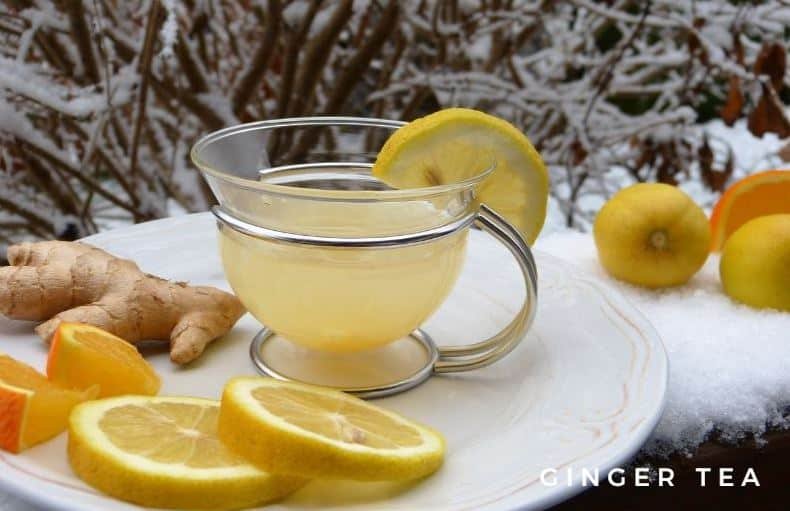Herb gardens and cheap remedies for migraines and headaches share a common thread: how they cooperate to address a situation you’d rather not be in. For centuries, herbs have been treasured for their medicinal properties, and modern research continues to uncover their profound impact on human health. Certain herbs stand out for their effectiveness when it comes to preventing and alleviating migraines and headaches. Let’s explore how herb gardens can contribute to a healthier lifestyle.
A Herb Garden Increases Aesthetic Appeal

An herb garden is more than just a practical addition to your home; it’s a feast for the eyes that blends beauty, fragrance, and functionality. A herb garden’s diverse tapestry of colors, textures, and shapes makes it so aesthetically appealing. Herbs like Echinacea and Lavender bring delicate pink and purple flowers, while lemon balm and peppermint add lush greenery. The distinct leaf patterns and growth habits create visual interest, making the garden lively and dynamic.
Fragrance plays a role, too, with aromatic scents wafting through the air, connecting the visual beauty with a sensory experience. Incorporating decorative pots, rustic planters, or artistic trellises can enhance the appeal, adding personality and style. The thoughtful design of an herb garden invites contemplation and enjoyment, turning a functional space into an enchanting oasis that’s as pleasing to the eye as it is beneficial to the palate and well-being.
Herb Gardens And Cheap Remedies For Migraines, Headaches – A Common Thread

Herb gardens are a delightful addition to any home and a treasure trove of health benefits. You’re inviting natural wellness into your daily routine by cultivating herbs such as ginger, peppermint, and Lavender. From enhancing flavor to providing essential vitamins and minerals, herbs bridge the gap between pallet satisfaction and natural medicine.
- Echinacea. Known for its immune-boosting properties, Echinacea can also improve blood flow and reduce inflammation, potentially warding off migraines.
- Feverfew. Historically used to treat fevers, feverfew has compounds that may reduce blood vessel constriction and inflammation, making it a popular herbal remedy for migraines.
- Ginger. An anti-inflammatory powerhouse, ginger effectively reduces nausea often associated with migraines. Some studies even suggest it can be as effective as certain migraine medications.
- Holy Basil. Also known as Tulsi, Holy Basil is revered in traditional medicine for its adaptogenic qualities, helping the body adapt to stress. It balances hormones and reduces inflammation, addressing underlying factors that can lead to migraines. Whether consumed as a tea or used in aromatherapy, Holy Basil’s unique compounds have a soothing effect that can help alleviate and prevent headaches.
- Lavender. Not just a fragrant delight, lavender oil can be inhaled or applied topically to relieve stress and anxiety, common triggers for headaches and migraines.
- Lemon Balm. More than just a refreshing flavor; it’s a medicinal herb known for its calming effects. Rich in antioxidants, it reduces anxiety, stress, and tension, all common triggers for migraines and headaches. The soothing properties of Lemon Balm can relax the muscles, improve mood, and promote better sleep, thus aiding in the prevention of headaches.
- Peppermint. Improves blood circulation and has a calming effect on the muscles. Its soothing aroma and menthol content can help alleviate tension headaches.
- Yarrow. Often used in traditional medicine, yarrow contains compounds that may reduce inflammation and spasms in blood vessels, helping to prevent headaches.
Incorporating these herbs into your diet or daily routine can be a natural way to prevent or reduce the occurrence of migraines and headaches. Whether used in teas, essential oils, or supplements, the synergy of these herbs offers a holistic approach to wellness.
However, it’s essential to consult with healthcare professionals or herbalists to understand the proper dosage and method of consumption for your specific needs. Herbs are potent, and improper use can lead to adverse effects. With appropriate guidance, these herbal allies can be a valuable part of a proactive healthcare routine, addressing migraines and headaches at their root and enriching overall health and well-being.
Herb Gardening – Planting Ideas

Planning is everything when it comes to having a perpetual supply of fresh herbs at home. Some noteworthy tips to consider are determining when is the best time to plant, identifying which herbs flourish indoors or outdoors, and whether certain herbs need a home in the ground or if potting is okay.
For example, of the herbs listed above, only two would be happiest planted outdoors and in the ground: Echinacea and Yarrow. Another thing they have in common is their seeds can be sown during Spring or Fall. Something to note about Echinacea is that their roots run deep, so they don’t take too kindly to being transplanted. Identifying and dedicating a spot in the yard or garden should be the first order of business. Yarrow, on the other hand, does not play well with cucumber plants because the powdery mildew it sheds sticks to the cucumber and ultimately spoils it.
To continue with the list of herbs, only one would flourish in a pot and outdoors: Feverfew (aka Butterbur). This invasive plant will crowd out other perennials in your garden, so containing it in a pot will prevent that from happening. All it requires is full sun, water two times a week to keep its roots moist, and well-draining soil.
Finally, the remaining herbs on the list will flourish both in the ground or in pots and will thrive indoors and outdoors. Although every plant requires attention to meet its unique needs, some characteristics are similar. For instance, Lavender, lemon balm, and holy basil can all be planted in the Spring; While peppermint and ginger can be planted in the Spring and Fall.
Herb Gardening – Reaping The Benefits

Embarking on the journey of cultivating an herb garden opens doors to a world brimming with health and vitality. Imagine sipping herbal teas crafted from your very own garden or utilizing essential oils and supplements infused with the power of nature. The benefits are profound, from headache relief to overall wellness. To get started, visit your local hardware or garden store to see what they have available or source seeds from the links provided within this blog. Your herb garden awaits, promising both aesthetic and medicinal value!
“Let food be thy medicine and medicine be thy food.”
~Hippocrates
Medical Disclosure
I am not a doctor. The content on this blog post is for entertainment purposes only. Consult with healthcare professionals or herbalists to understand the proper dosage and method of consumption for your specific needs. Herbs are potent, and improper use can lead to adverse effects. With appropriate guidance, these herbal allies can be a valuable part of a proactive healthcare routine.
Affiliate Disclosure
This post contains affiliate links that if clicked, may yield a small commission.
Cheap remedies for migraines, headache pain, migraine symptoms, relieve headache pain, migraine headaches, relieve pain, migraine headache, migraine attack, chronic migraine, natural remedies, cold compress, migraine treatment, tension headache, migraine relief, trigger headaches, migraine frequency, manage migraine symptoms, headache symptoms, migraine pain, home remedies, chronic migraines, sinus headaches, menstrual migraine, throbbing pain, reduce migraine frequency, lavender essential oil, prevent migraines, essential oils, headache specialist, herbal remedies, traditional Chinese medicine, muscle tension, blood pressure, healthcare provider, prevent headaches, common headache, herbal supplements, blood sugar, preventing migraine, essential oil, release tension, peppermint oil, headaches, pain, migraine, magnesium oxide, migraines, headache, herb garden, fresh herbs, perennial herbs, plant herbs, harvest herbs, annual herbs, growing herbs, most herbs, own herbs, herb plant, raised bed, herbs grow, many herbs, grow herbs, herb plants, herb seeds, flowering herbs, culinary herbs, other herbs, perennial herb, most culinary herbs, raised garden bed, pizza herb, cilantro seeds, growing annual herbs, raised beds, tiny plants, own container, terra cotta pots, fresh compost, well draining soil, grow from seed, easiest herbs, mint family, moist soil, sow seeds, growing season, dried herbs, drainage holes, container gardening, tender perennials, grow indoors, beneficial insects, earthy flavor, clay soil, pasta sauce, grow mint, hours of sunlight, herb gardens, small pots, grow basil, herbs, cold hardy, too much sun, large container, best herbs, other plants, root ball, easiest plants, smaller plants, growing space, delicious leaves, same depth, plants, garden, organic matter, life cycle, herb, plant, seeds, herbs such as basil, new gardeners
